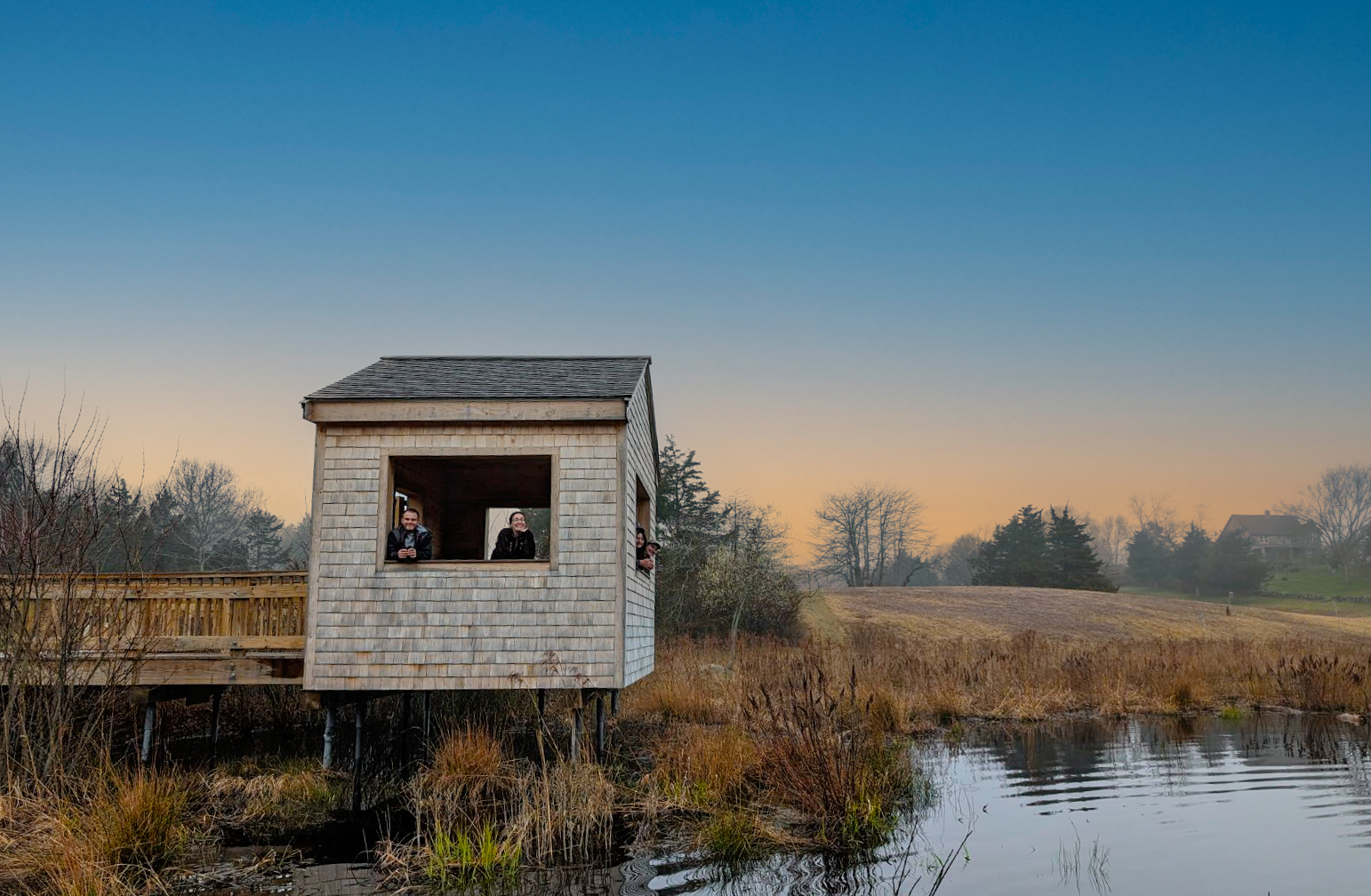In 1987, the Brundtland Commission published a report called “Our Common Future.” This report resulted in our most widely accepted definition of Sustainability. Specifically, the report provides a definition of sustainable development: “Sustainable development is development that meets the needs of the present without compromising the ability of future generations to meet their own needs.”
Another common explanation of sustainability is the Triple Bottom Line or the Three-Legged Stool of Sustainability, where we balance our social, environmental and economic needs.

Image from ConceptDraw
IS IT TIME TO STOP USING THE WORD “SUSTAINABILITY”?
In her March 25, 2015, post for Triple Pundit, Holly Hagerman asks “Is Sustainability Dead?” We agree with her when she points out, “…changing the cultural significance of a word takes a substantial learning curve by millions of people.”
To change it now could be a step backward. Some people feel the term is overused. However, people have been growing in their understanding and use of the word “sustainability” since 1987—when the concept of sustainable development went mainstream.
OR IS IT THE APPROACH THAT NEEDS TO CHANGE?
Hagerman, a Texas native, is also the founder of Portland-based Green Rising—a marketing agency dedicated to environmental businesses. And we gave her a resounding, out-loud “Yes!” when we read this:
“I’ve seen firsthand that we have legions of people out there who are willing to play their part, should the messaging and approach resonate with what feels true, relatable and actionable.”
THE REAL CHALLENGE
The real challenge is not about word choice. The challenge is creating a thriving and prosperous world—with finite resources. This is the defining challenge of our time because it impacts every aspect of our lives.
OUR APPROACH
To solve a problem this big, most people will need to be a part of the solution. According to many studies—and here comes the good news—most people feel an obligation to do something about living more sustainably.
Manomet believes people can live and work today in ways that enable our world to thrive and prosper tomorrow.
The Manomet Model of Engagement is a four step process that starts with awareness, moves to connection, then commitment, and finally to action. Manomet’s model of engagement provides practical ways for people to act where they live and work.
OUR WORK
We have feet on the ground in our nation’s grocery stores, wetlands and forests. We are providing online-pathways to sustainability for small businesses. We are working in partnership with fisheries and clammers in New England, beach communities in Delaware Bay, and shorebird sites of hemispheric importance around the world.
And the word sustainability keeps coming up. While conducting a recent training for Manomet’s Grocery Stewardship Certification, Catrina Damrell was asked: “What is that word you keep using?”
The grocery store associate had never used the word “sustainability.”
Catrina explained the goal of balancing our social, environmental and economic needs—and how the GSC project was created so that all employees in the store can participate.
No matter what word you use, sustainability is our future and not just a word.
Learn more about all of Manomet’s programs and projects.
And TAKE OUR SURVEY – What does sustainability mean to you?





 Back to all
Back to all